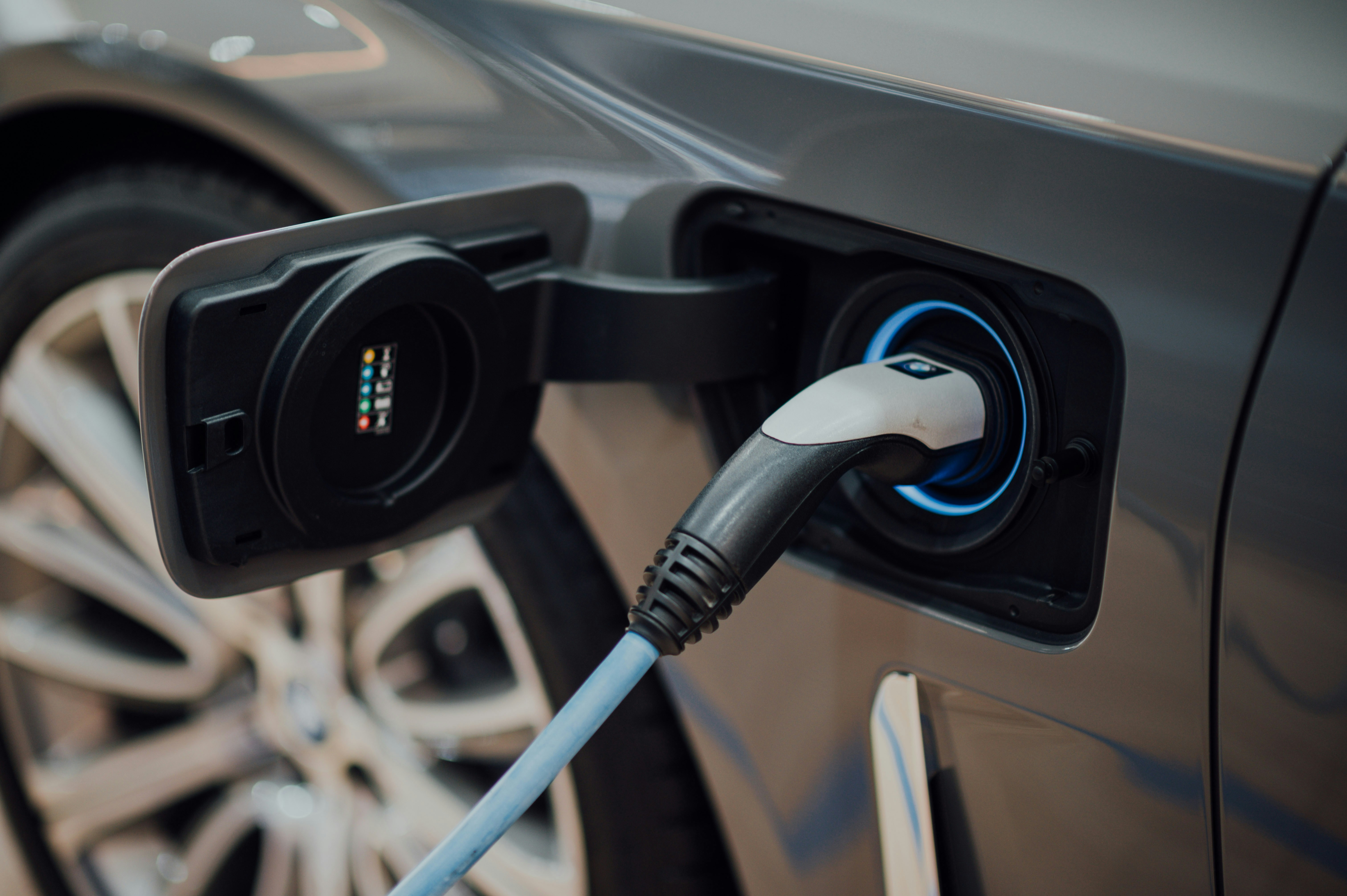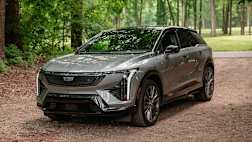India, an undisputedly amazing country, has many things to be proud of - but air quality isn’t one of them. India is home to 22 of the world's 30 most polluted cities, which pretty much makes it the most polluted country on the planet (although China might want to wrestle it in a vat of gooey tar for the title).
In a place like India, electric cars are a godsend - it’s the second-most populous country in the world (with a population of 1.38 billion), and a drastic reduction in CO2 emissions is desperately required. In some Indian cities, people just stay inside - those who have have houses - and seal up their windows and doors for months at certain times of the year.
It’s a fact not lost on the Indian government, which has pledged to make EV sales account for 30 per cent of private cars, 70 per cent of commercial vehicles, and 80 per cent of two-wheelers by 2030.
Unlike the Australian government, the government in India isn’t afraid to offer a decent government subsidy or two to encourage uptake of electric vehicles in India.
Previous schemes have included an income tax deduction of $A2,800 on the interest paid on loans taken to purchase EVs, and the Faster Adoption and Manufacturing of Electric Vehicles Phase II (FAME II) scheme, which offers incentives for buying EVs and hybrids, as well as incentives for the installation of EV infrastructure.
Like Australia, India’s EV market is in its infancy - only 1.32 per cent of the total vehicles sold in the country were EVs in financial year 2020/21 - but it is expected to boom in the coming years.
The Indian market is expected to be worth a massive $17 billion by 2026 - up from $5.47 billion in 2020 - and car manufacturers are taking notice.
Although Indian EV manufacturers Tata Motors and Mahindra have a decent foothold on the electric cars industry in India, other EV bigwigs are moving in.
Hyundai is pouring a huge US$520 billion into the research and development of EVs in India with plans to launch six EVs there by 2028; Mercedes-Benz will manufacture its EV EQS series in India and start selling them there in late-2022; and Elon Musk is eying up opportunities to manufacture Tesla EVs there.
For a place with a decent amount of electric cars, India is sorely lacking in EV infrastructure - a commonality it shares with Australia.
In India, electric car registrations were around 796,000 up until December 2021, but only 1,800 public EV charging stations have been installed - an issue the Indian government is currently trying to address.
Below are the top five new EVs to buy in India and their cost.
Electric vehicles in India

1.Tata Nexon EV
Price: From approximately AU$26,548, plus on-road costs
The Nexon has become a real success story for Indian car manufacturer Tata, and it claims the throne as most popular electric car in India. The EV became the country’s best-selling SUV in December 2021, beating big-name rivals like Hyundai and Suzuki, and shifting 2255 units - a 29 per cent leap from November 2021, and a huge 439 per cent growth in sales since the same period in 2020, when only 418 were sold. India’s most popular EV has a 30.2kWh battery that offers up 312km of range, 245Nm of torque and a top speed of 120km/h.

2. MG ZS EV
Price: From approximately AU$40,072, plus on-road costs
Australia’s cheapest EV ($44,990, plus on-road costs) is even cheaper in India, where it’s manufactured by the local arm of Chinese manufacturer MG Motor. Even though it’s secured the second most popular EV in India, MG Motor isn’t stopping there. It plans to launch a second EV by 2023, which will be even cheaper than the ZS EV (approximately AU$37,300, plus on-road costs). The MG ZS EV packs a 44.5kWh battery with 353Nm of torque and a claimed range of 419km, which puts it ahead of the Nexon performance-wise.

3. Tata Tigor EV
Price: From approximately AU$22,362, plus on-road costs
This five-seat sedan proves that consumer love for SUVs isn’t just an Australian thing, with the Tigor trailing behind the Nexon in terms of sales (in the second-half of 2021, it had a 13 per cent market share in India). The car has recently been rebranded as the Tata Xpres-T EV in a bid to appeal to fleet buyers. The standard model comes with a 16.5kWh battery that offers 165km of claimed range, whereas the extended range model has a 21.5kWh battery and claimed range of 213km. Tata will also be adding to its range soon with the Altroz EV and micro-SUV Punch EV.

4. Hyundai Kona Electric
Price: From approximately AU$44,390, plus on-road costs
The locally manufactured Kona Electric likely trails the competition due to its relatively high price, although the Korean car company is looking at making a more affordable EV for the Indian market. Sister brand Kia is also looking at introducing electric models to India over the next few years, so they may get a stranglehold on the marketplace yet. The Kona Electric has a 39.2kW battery and a claimed range of 452km, beating out the other EVs on this list range-wise.

5. Mahindra E Verito
Price: From approximately AU$18,936, plus on-road costs
Yes, this Indian electric car from Mahindra has a winningly low price, but the claimed range is also low: around 140km off an 18.55 kWh lithium-ion battery. Mahindra also has plans to corner the market in EVs of the two-wheel variety, having recently partnered with Hero Electric, which has an almost 36 per cent share in the Indian EV motorcycle market, with plans to churn out a million two-wheel EVs in 2022.









.jpg)

.jpg)




